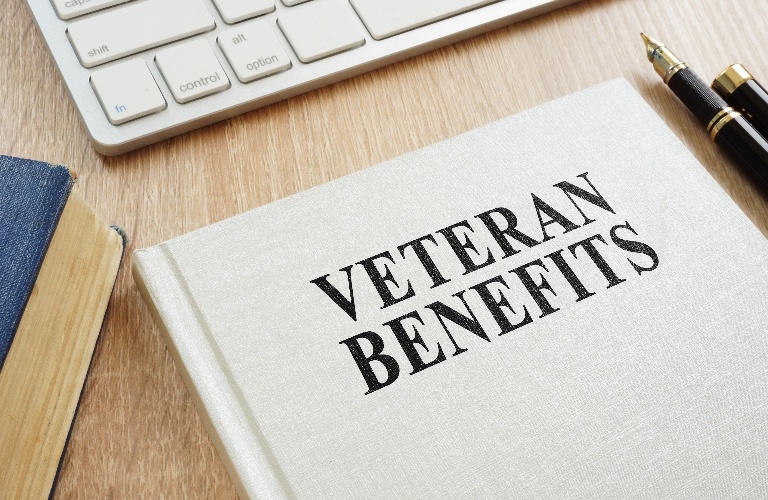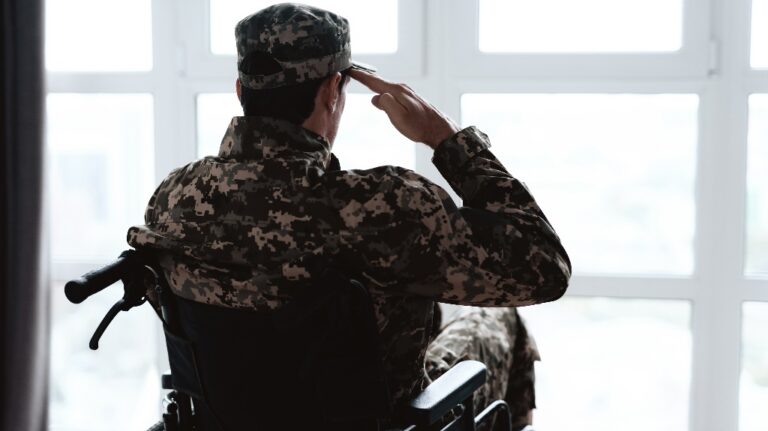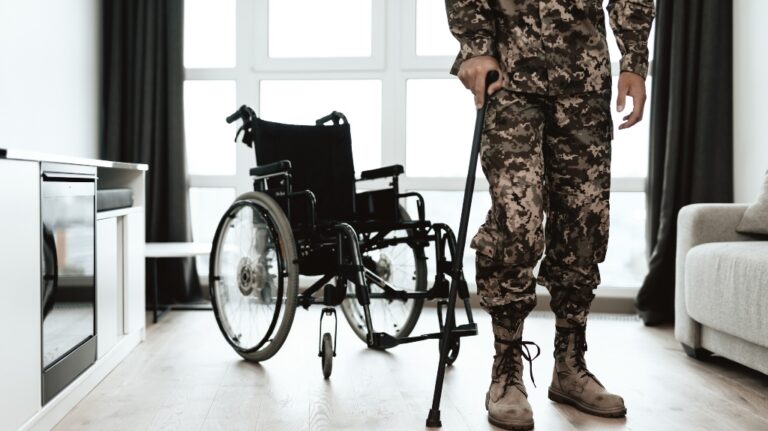
However, what benefits can the dependents of a veteran with a 100 percent-rated disability receive from the VA?
Who Qualifies as a Dependent?
VA regulations recognize several categories of relatives as “dependents” potentially entitled to VA benefits:
- The veteran’s spouse
- The veteran’s children, including biological and legally adopted children, as well as stepchildren, in certain circumstances
- Parents, in limited circumstances
Various factors can affect a family member’s eligibility as a dependent, such as a child’s age and current school enrollment.
Monthly Compensation Additions for Dependents
Veterans with service-connected disabilities receive higher monthly disability payments from the VA based on the number of dependents in their household. The VA establishes different benefit rates for veterans with a spouse, child, and one or two dependent parents. The VA also adds specific amounts to a veteran’s monthly benefit for each additional minor child or child over 18 enrolled in a qualifying educational program. The VA publishes a chart on its website that lists the specific monthly benefit amounts for veterans with a 100 percent disability rating for the current year.
Veterans should make sure to keep the VA updated on the current status of the dependents in their household, including when the veteran gets married or divorced, has or adopts a child, or has a dependent parent move into their household or pass away.
Healthcare and Insurance Benefits
Eligible dependent family members of veterans with specific service-connected disabilities may also qualify for healthcare benefits through the Civilian Health and Medical Program of the Department of Veterans Affairs (CHAMPVA). CHAMPVA can help cover the cost of most healthcare services and supplies, or supplement a family’s health insurance coverage to eliminate out-of-pocket costs. CHAMPVA can also provide a broader scope of coverage than TRICARE in many circumstances. Dependents of veterans with a 100 percent disability rating may also qualify for dental and vision healthcare coverage through the VA’s Family Member Program.
Education and Training Benefits
The VA also operates the Survivors’ and Dependents’ Educational Assistance (DEA) Program for spouses and children of veterans with a 100-percent-rated service-connected disability. The DEA Program, also called Chapter 35, can provide financial assistance for tuition and fees for qualifying educational programs or help with expenses while undergoing job training. Spouses may have up to 10 or 20 years to utilize DEA Program benefits for an academic or job training program that commenced before August 2023. No time limits apply to programs initiated after August 2023. Children of veterans typically have eight years or until they turn 26 to use the DEA Program benefits.
The VA also offers Fry Scholarships to spouses and children of veterans who passed away from a service-connected disability, which covers up to 36 months of educational expenses such as tuition, fees, room and board, books, supplies, tutoring, national exams, licensing and certification tests, prep courses, and moving from rural areas to attend school.
Additional Benefits for Dependents

Dependents of veterans with a 100-percent disability may also qualify for other benefits from the VA and DoD, including:
- Commissary and exchange privileges, which allow families to access military bases for shopping or recreation
- State or local benefits, such as property tax reductions or exemptions, state university tuition reductions or waivers, or discounts on state licensing and registration fees
- Spouses of veterans eligible for burial in national cemeteries may also have the right to be buried alongside the veteran
Contact a VA Disability Attorney Today
Veterans who have a service-connected condition rated as a 100 percent disability may have the right to obtain VA benefits for their loved ones. Contact Veterans Law Attorneys today for a free, no-obligation consultation with a VA disability lawyer to learn more about the financial payments and benefits that your loved ones might receive from the VA due to your 100 percent disability rating.






